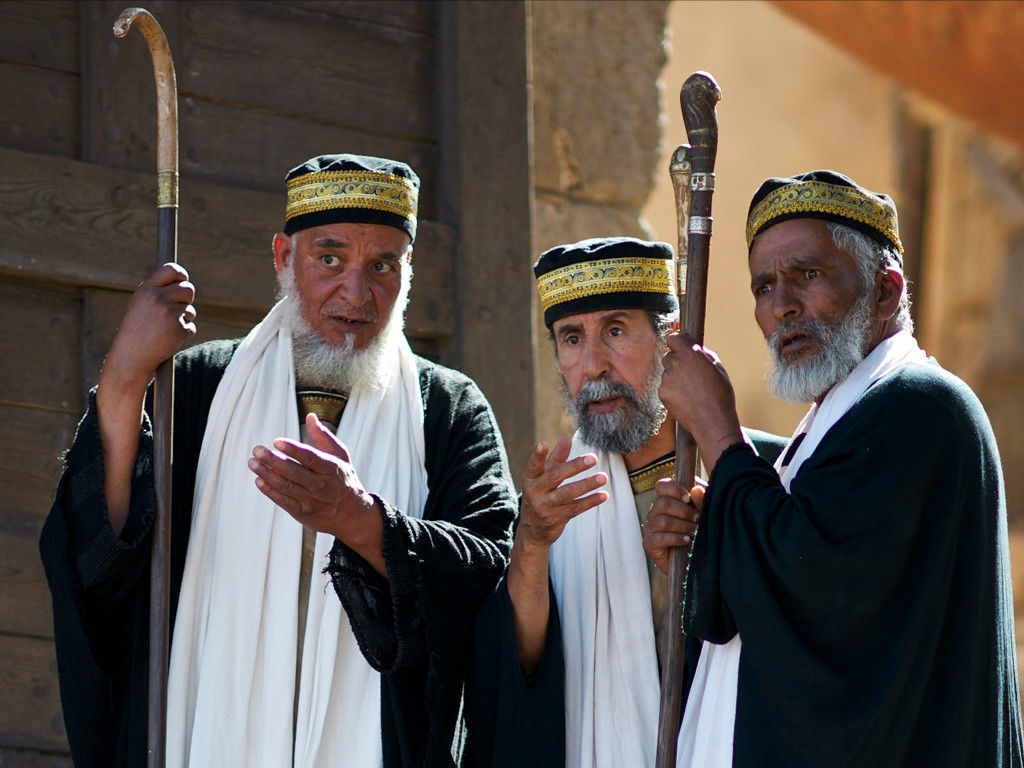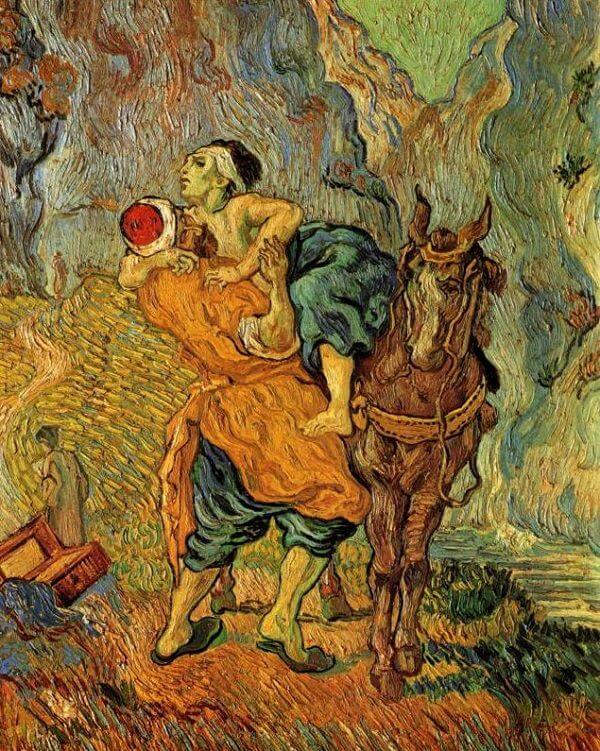
Gospel: One of the best books on Jesus for contemporary Christians is Amy-Jill Levine's "The Misunderstood Jew," which looks at the lazy stereotypes about first-century Judaism that have been passed along by well-meaning Christians. E.g., the Pharisees were all hypocrites... 

In her book, Prof. Levine points out that what little most Christians know about 1C Judaism comes from the Gospels, which were concerned painting Jesus in a favorable light, not his opponents. So we end up with a skewed (and limited) view of Jewish practice at the time....
As she writes: “In New Testament classes, many students get a single lecture, or half a lecture, on the four major parties of Jews mentioned by the Jewish historian Josephus: Pharisees, Sadducees, Essenes and Zealots"....
Then the class moves on, “confident that they know that there is to know about first-century Judaism"....
"The modern-day analogy," she writes, "would be to think that if one knows a few details about the Knights of Columbus, the Kiwanis Club, the Masons and the Boy Scouts, one understands American society...."
At the same time, there were clearly some religious leaders who opposed Jesus, which was one reason for his death. (The Romans executed Jesus, but some religious leaders were definitely opposed to him). And some of these must have been "hypocrites"....
The presence of that word is too widespread in the Gospel to simply be a construction of the evangelists. So it's important to look at the Gospels carefully, so as to not pass on stereotypes of first-century Judaism (or modern-day Judaism), but also not to ignore...
...the clear opposition that Jesus faced, and his clear condemnation of hypocrisy in some religious leaders of his day, including the Pharisees. Jesus reserves his harshest judgments for religious leaders who say one thing and do another.
• • •
Missing some Tweet in this thread? You can try to
force a refresh



















